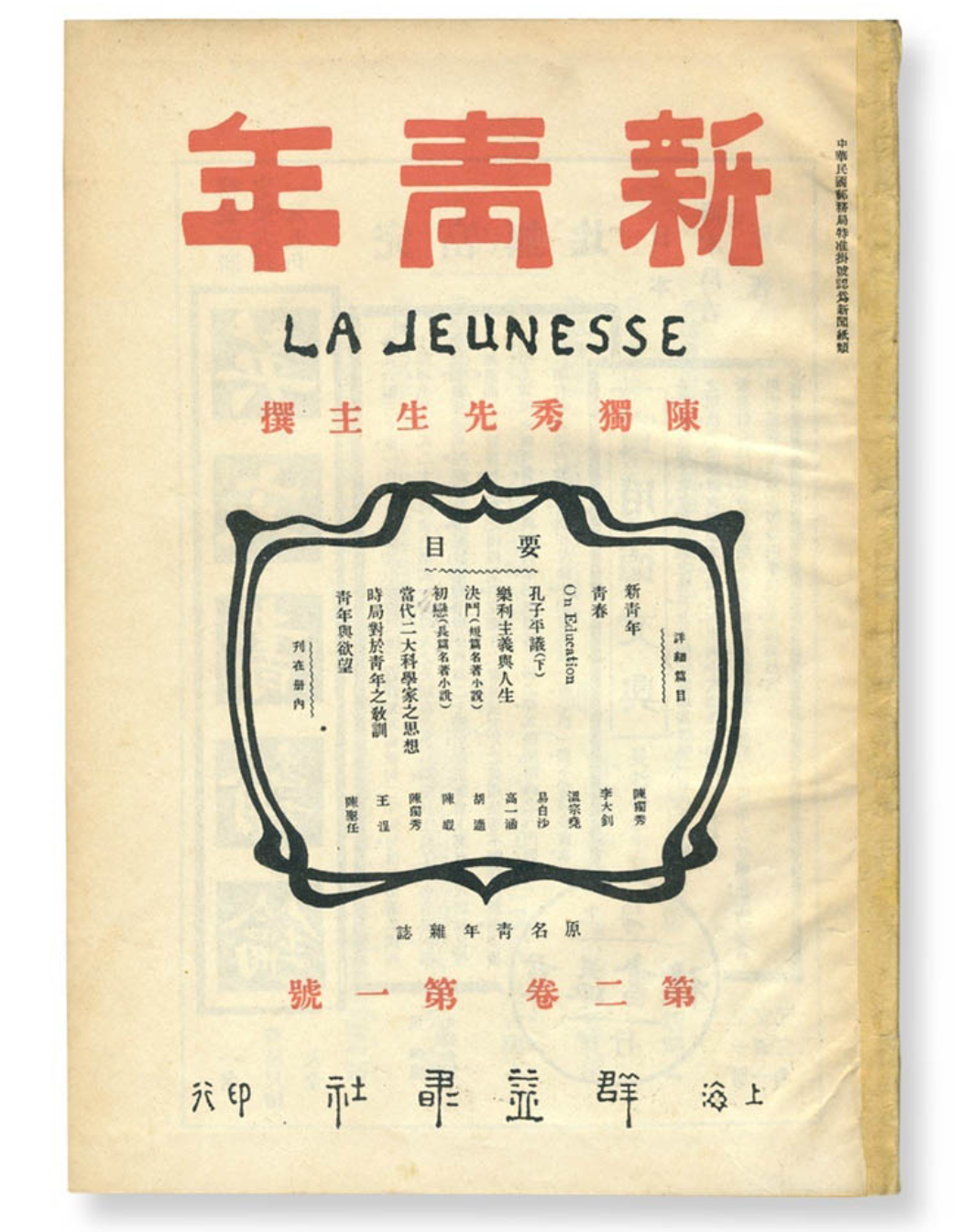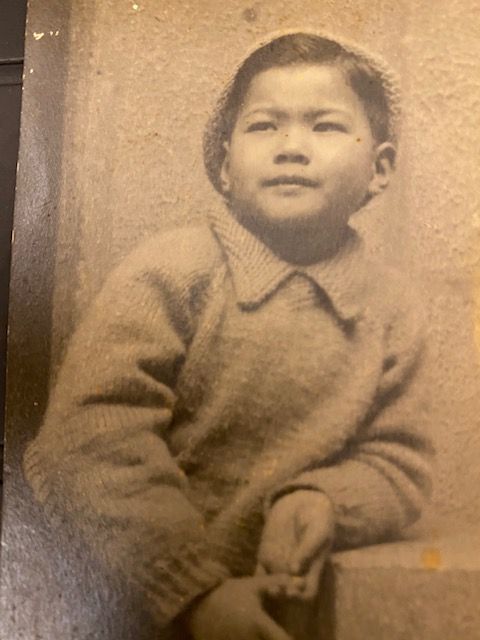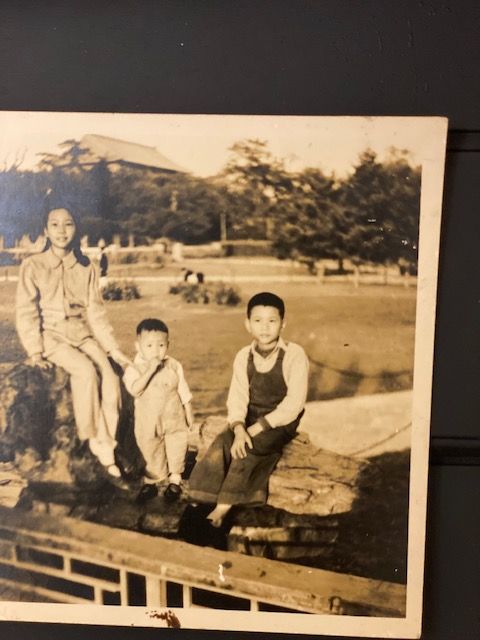
李怡,1936年生,香港知名時事評論家、作家。1970年曾創辦雜誌《七十年代》,1984年更名《九十年代》,直至1998年停刊。後在《蘋果日報》撰寫專欄,筆耕不輟半世紀。著有文集《放逐》、《思緒》、《對應》等十數本。 正在Matters連載首部自傳《失敗者回憶錄》:「我一生所主張所推動的事情,社會總是向相反趨向發展,無論是閱讀,獨立思考或民主自由都如是。這就是我所指的失敗的人生。」
Memoirs of a Loser 09: A Twisted History
We can't use the well-known information we have now to question the history of that year, and why people didn't have that kind of understanding and consciousness back then, that would allow such a thing to happen. In 1917, the October Revolution in Russia was a success. The following year, the Soviet Union issued a declaration to give up all its interests in China, which was generally favored by the Chinese society. Sun Yat-sen put forward the slogan of "taking Russia as a teacher". However, the Soviet Union did not fulfill its promise, and instead continued to violate China's interests on the issues of Outer Mongolia and the Middle East Railway.
After the October Revolution, a wave of socialism arose around the world. Four years later, the Communist Party of China was established. Three years later, the Kuomintang was transformed. It hired Soviet consultants to establish a Lenin-style political party. As the director of the Political Department, prepare for the Northern Expedition to overthrow the legitimate Republic of Beijing regime by force. At that time, many intellectuals around the world were fascinated by socialist ideals, and China was also shrouded in this ideological trend of pursuing equality.
After the 1911 Revolution of 1911, the Beijing government of the Republic of China was established the following year, and until it was overthrown by the Northern Expedition in 1928, the Beijing government of the Republic of China was maintained for 17 years. In the middle of the Northern Expedition, there was a split between the Kuomintang and the Communist Party, but both the Kuomintang and the Communist Party were extremely vilifying and demonizing to the Beijing government of the Republic of China. It was called the period of the Beiyang warlords’ rule. All historical writing, textbooks, books, and film and television were inseparable from the Beiyang government. The image of "warlord melee", "savage ignorance", "squeezing the people".
The historical truth has been distorted for decades. Until 2012, Wang Tiequn, a professor at Hebei University, wrote a long article: "The period of the Beijing government of the Republic of China was the beginning of China's democratic society." The beginning of a democratic society, although its degree of democracy is not comparable to that of Taiwan today, was the most democratic period in China in the 20th century.
The President and Congress of the Beijing government of the Republic of China were both elected, and the system of separation of powers was established and seriously implemented. Not centralization, but local autonomy. Local officials are not appointed by the central government, but are elected by popular suffrage among local citizens. The central and local governments clearly divide financial and administrative powers.
Those 17 years were also the most free period for academics, speeches and associations in mainland China. A large number of independent media such as "Beijing News", "New Youth", "Yusi" and "Morning News" were very bold in their remarks. This period gave birth to the New Culture Movement.

After the Northern Expedition overthrew a regime with a rudimentary form of liberal democracy and the rule of law, China entered a situation in which two Lenin-style parties fought each other and took turns for dictatorship. Why did the Communist Party win public opinion, people's hearts, and finally seize power? American writer Barbara W. Tuchman mentioned an incident in his book Stilwell and the American Experience in China, 1911-45: During the Anti-Japanese War, several reporters visited Yan'an and returned to Chongqing to praise Chiang Kai-shek's wife Soong Meiling for their integrity. Servant, full of ideals and dedication. Soong Meiling stared silently at the Yangtze River for a few minutes, then turned around and said this: "If what you said about them is true, then I can only say that they haven't tasted the true taste of power."
This sentence is wise and sentimental, and it even predicts the history of China in the following decades. It is true that the CCP regime during the Yan'an period was a bit like an ideal country. It not only attracted many enthusiastic young people to go to Yan'an, but also made some Western journalists and writers look at this cave regime with admiration. After World War II, intellectuals, newspapers and public opinion in the mainland were inspired by the spirit of Yan'an, and public opinion dominated the general trend of people's hearts, creating the CCP's overwhelming victory in the civil war.
Sadly, Song Meiling, as the first lady at the time, had enjoyed the taste of power for a long time. This sentence shows that she has deeply understood the irresistible power of "power brings corruption". As a Lenin-style authoritarian party, she knows that this fate cannot escape, and China is in the competition between two authoritarian political parties of similar nature, so she actually predicts the history of China in the following decades, and it cannot escape. This fate.
I grew up in a national disaster. What I saw from reality and reports was similar to what Western journalists, writers, and most intellectuals in China saw at that time. No matter the reality or the cultural atmosphere, I couldn’t get in touch with “socialism to save China”. Deep critical thinking.


(Article published on May 10, 2021)
"Memoirs of a Loser" serial catalog (continuously updated)
- Inscription
- break through
- Inside the circle outside the circle
- murderous
- torment
- hurt
- turbulent times
- choice
- that age
- twisted history
("Memoirs of a Loser" was previously serialized in "Apple Daily" and is now being continuously updated by Matters)
Like my work?
Don't forget to support or like, so I know you are with me..
Comment…